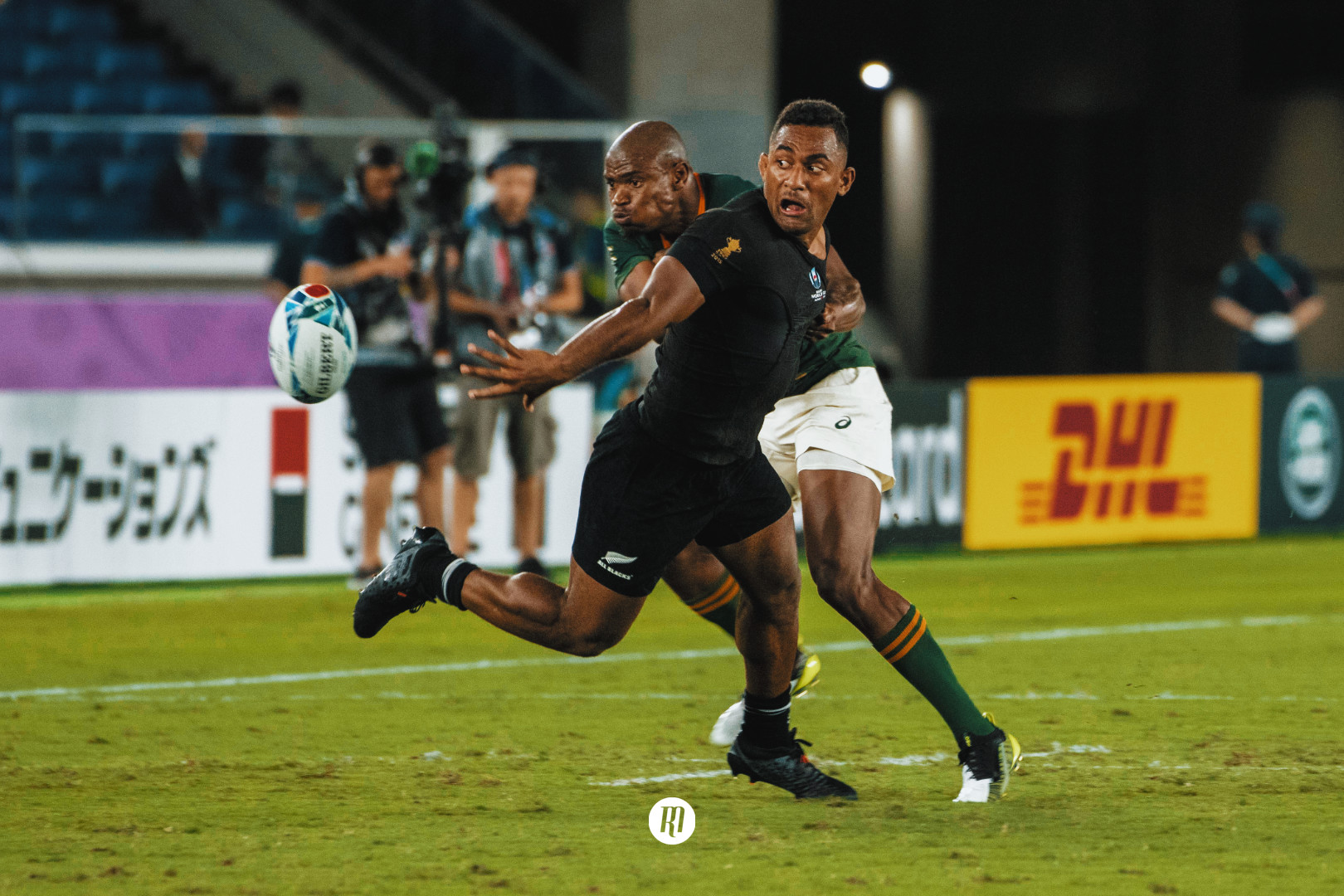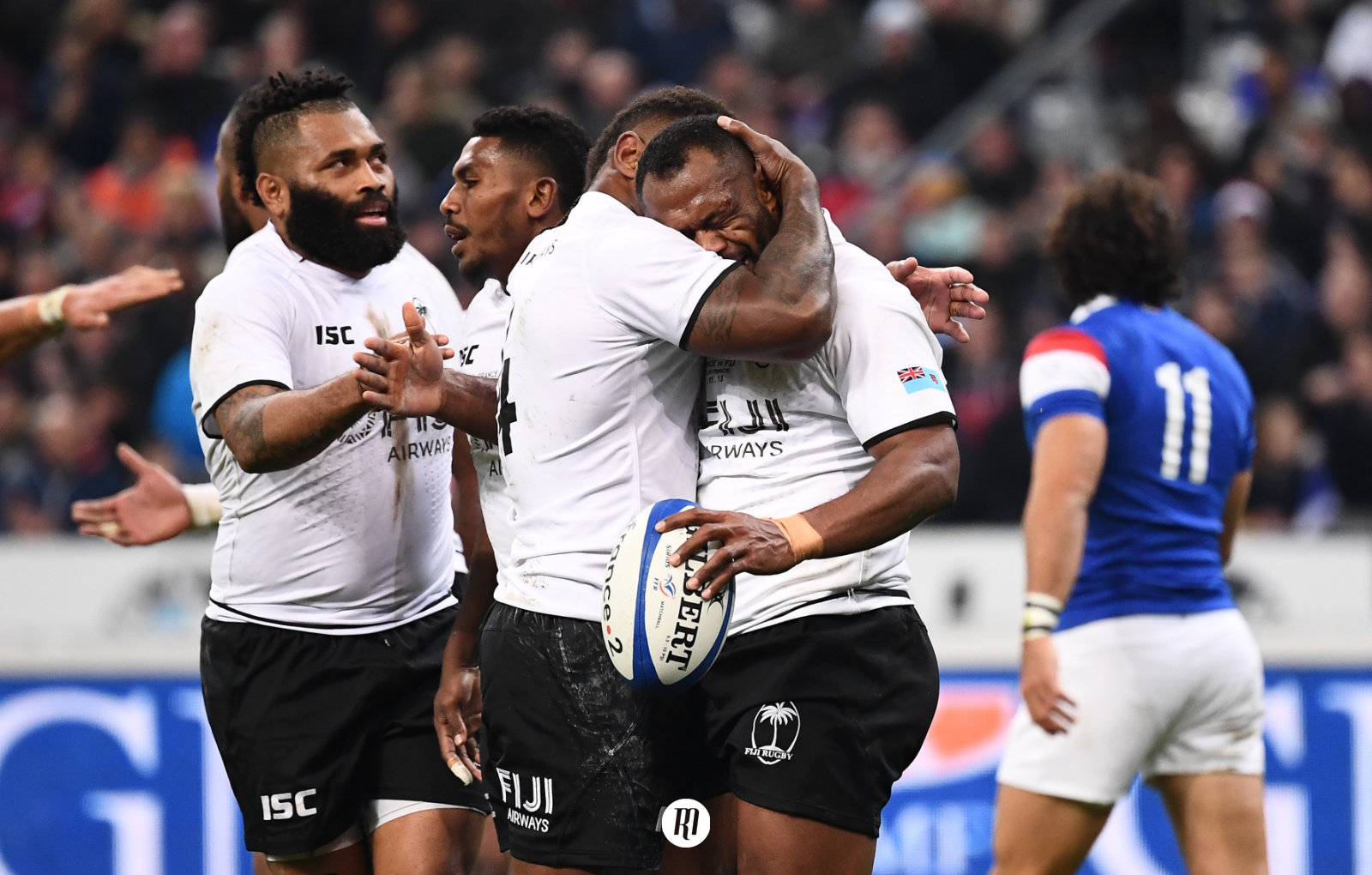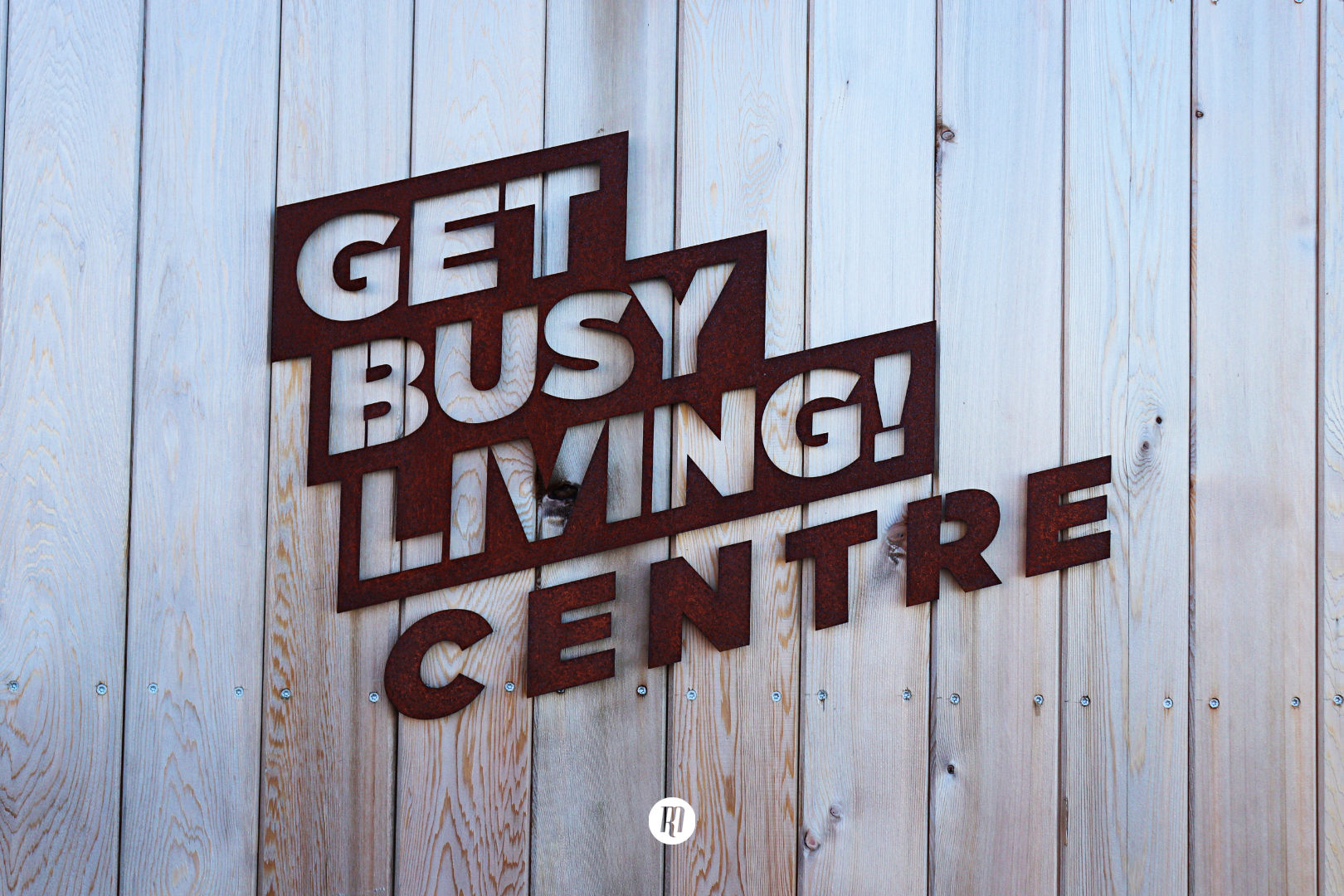Rugby Growth in the USA
In the second of our articles focussing on rugby in America, Lizzie takes a look at the growth of the game and the development of the surrounding culture.
It probably seemed obvious to my friends and family that I would continue playing rugby when I went to university after having played for eleven years.
Yet to me, the decision was a difficult one. After deciding to take the plunge and get my degree in the USA, basing my decision of which college to attend on whether they had a rugby team or not, I suddenly panicked. What if they don’t know how to play properly? What if they don’t like my style of play? Surely they will be ten times fitter than I am?
And so I didn’t actively seek out the team, I thought I would wait until the “Campus Life Night” to see what other sports and activities might catch my eye. However, the Rugby Gods had other plans for me. I was on my way to play football (the English kind) with a few fellow international students and saw some correctly shaped balls being passed around. After quick introductions I was invited to watch their first game of the season which was later on that evening.
I sat through the 80 minutes with gritted teeth watching the GV Lakers get absolutely smashed. But I had seen exactly what I had needed to see. These Americans knew how to play, and they played with passion. The following weekend I was starting at inside centre alongside these players that I had had two training sessions with. But after the game and four hour trip back from Ohio to Michigan, I felt as if we had played together for years.
It was strange to see the differences in English and American Rugby. From the Number 8 being called “Eight Man” to the lack of mauls in our game plan, the adjustment wasn’t severe, but was noticeable. However, the thing that struck me most was the “lad culture” and social part of the game. The respect for your opponents and sportsmanship aspect of the game is a worldwide phenomenon, there is no debating that, but the idea of Rugby Socials, complete with ‘boat races’ and ‘shooting the boot’ have seemingly died out here in England. We seem to take everything a bit more seriously now and the professionalism is overtaking the drinking and mingling.
In the US, surprisingly it’s the opposite. Of course training is taken very seriously and levels of professionalism during games is very high but as soon as the final whistle blows, it’s a different story. Choir practices are mandatory for the team so that the raucous rugby songs can be perfected for socialising with the opponents. The Rookies (new players) are humiliated with rookie challenges or skits where they must create a series of sketches impersonating their teammates and coaches. This aspect of the sport has always been there but I have never seen it as prominent as it is in the US. The roar of “Saturday’s a Rugby Day” and the friendliness of anyone who recognises you as a rugby fan wherever you are in the states really shows how close the rugby community is and how quickly it is growing.
Something that didn’t change however, was the reluctance for women to join in and play the sport. It is no secret that gender inequality in sport is still a huge issue but with a game like rugby which is naturally so inclusive you would think that it would be better. In recent years, the RFU has been spending years on developing women’s programs including integrating the RFU and the RFUW to become one governing body for all across the sport alongside appointing Rugby Development Officers to promote the sport across the nation, with six of these officers being solely dedicated to Women and Girls’ rugby.
However, it is the physicality of the sport and societal expectations that stop women from participating. As a society we need to stop restricting women. Why is it socially acceptable for a man to be incredibly muscular but when a woman is well toned in the same way it is repulsive and unattractive? For me, it sometimes feels like only other players understand how it feels to break these stereotypes, and that it’s okay for women to be muscular and physical when they play. Having played from a very early age, I have grown up with a healthy body image, rugby has blinkered any negative perceptions of how I should look. I like having muscles and knowing that I am a strong individual.
When trying to recruit new players, other women often laugh when you suggest playing the sport, as they have fallen into society’s beliefs of gender norms and for some reason, they have no desire to try and break these stereotypes. Having spent several hours on campus trying to get new students to join, I found myself met with two common responses “I can’t play rugby, I don’t want to get broken” or “I don’t want people to get the wrong, message…I don’t want guys to think I’m butch”.
This idea of how femininity is defined is a real issue with women, rugby and sport in general. A group of female college athletes defined femininity as “soft, girly, dainty and clean” whilst describing what people perceive them as “being aggressive, outgoing and sweaty”. Being feminine is what is socially acceptable and so the pressure to fit into this norm on young women is incredibly high, especially in a college setting where people are trying to find themselves and establish their identities. Rugby itself is ready and waiting to promote equality, but the rest of the world is too busy making rules and regulations for women to join in.

Filed under:
Spirit Of The Game, USA
Written by: Lizzie Randall
Follow: @ · @therugbymag



